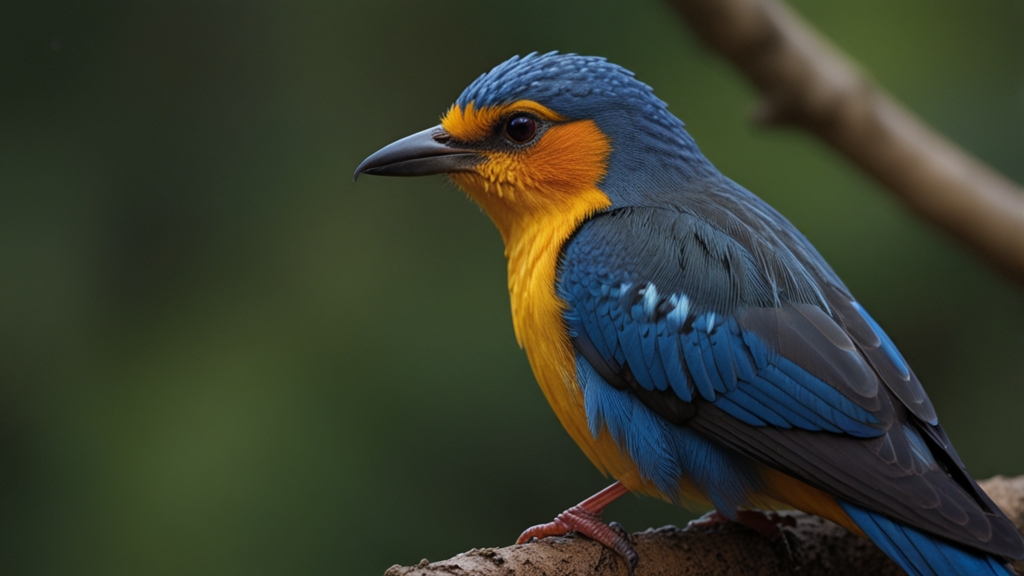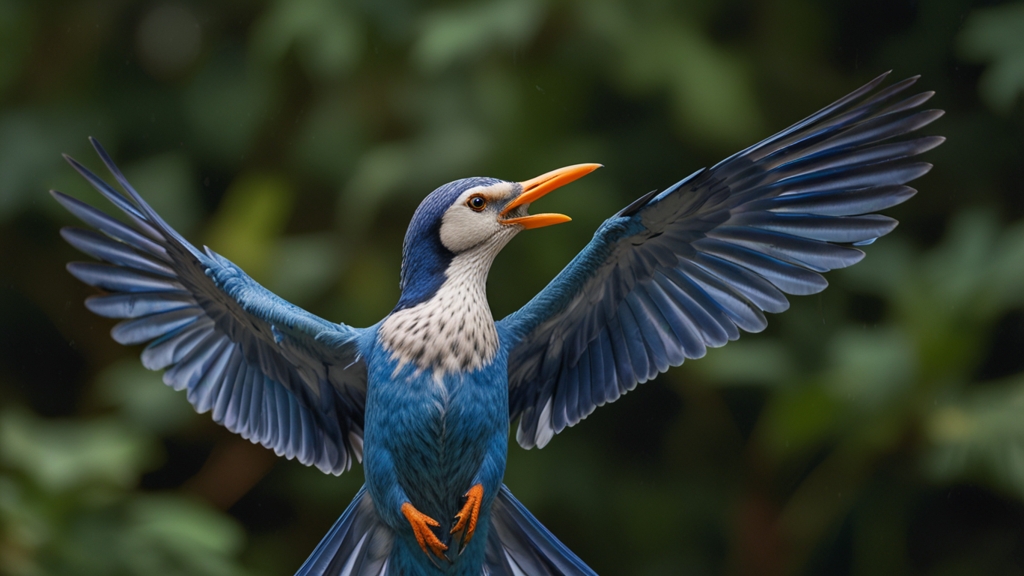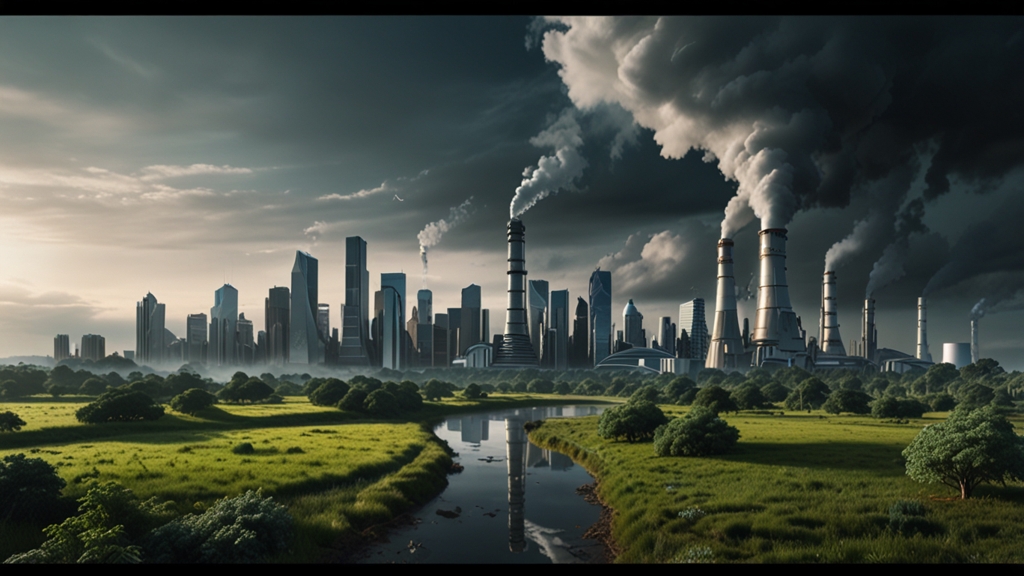The Dangers of Biodiversity Loss: A Wake-Up Call for Humanity
Biodiversity, the variety of life on Earth, is essential for the stability and resilience of ecosystems. It encompasses all species of plants, animals, bacteria, and fungi, and the genetics and habitats that support them. Unfortunately, human activities have accelerated biodiversity loss at an unprecedented rate, posing significant threats to ecological balance and human survival. The ongoing decline in biodiversity is a sobering reminder of how interconnected our fate is with the natural world around us.
Accelerating Biodiversity Loss
Over the past century, human activity has significantly accelerated biodiversity loss. The rapid expansion of agriculture, urbanization, deforestation, pollution, and climate change have all contributed to the degradation of natural habitats. According to the World Wildlife Fund's Living Planet Report, wildlife populations have declined by an average of 68% since 1970. This alarming statistic underscores the urgent need for action to protect and restore biodiversity.
Ecological Consequences
The loss of biodiversity results in the destabilization of ecosystems, which in turn undermines the services they provide. Ecosystem services include pollination of crops, purification of air and water, regulation of climate, and soil fertility—all of which are crucial for human survival. When species disappear, these ecosystems can become less productive and more susceptible to disease and environmental stress.
"Biodiversity is the living fabric of our planet. It underpins human well-being in the present and in the future, and its rapid decline threatens nature and people alike." – Intergovernmental Science-Policy Platform on Biodiversity and Ecosystem Services (IPBES)
Human Health at Risk
Biodiversity loss also has direct implications for human health. Diverse ecosystems play a critical role in disease regulation. When these systems are intact, they can help to control the spread of diseases by supporting a variety of species that keep pathogen-carrying organisms in check. Conversely, when ecosystems are degraded, there is often a rise in disease outbreaks. The COVID-19 pandemic has highlighted the importance of maintaining healthy ecosystems to prevent zoonotic diseases—those that jump from animals to humans.
Economic Implications
Biodiversity contributes significantly to the global economy. Industries like agriculture, pharmaceuticals, and tourism depend on the variety of life for raw materials, medicinal resources, and natural attractions. The degradation of natural habitats can lead to substantial economic losses. For instance, pollinator decline threatens food security by reducing crop yields, while the loss of coral reefs affects fisheries and tourism.
"The economic value of biodiversity is immense, estimated to be in the trillions of dollars per year. Protecting biodiversity is not merely an environmental issue but an economic imperative." – United Nations Environment Programme (UNEP)
A Call to Action
Addressing biodiversity loss requires a multifaceted approach and global cooperation. Governments, businesses, and communities must work together to implement sustainable practices. Protecting natural habitats, reducing carbon emissions, and promoting biodiversity-friendly policies are crucial steps toward mitigating further loss. Additionally, raising awareness and educating the public about the importance of biodiversity can drive collective action.
Individuals can also contribute by supporting conservation efforts, reducing waste, and making eco-friendly lifestyle choices. Every action counts, no matter how small it may seem.
Conclusion
The dangers of biodiversity loss are profound and far-reaching, affecting not only the environment but also human health, economic stability, and overall well-being. Recognizing the intrinsic value of biodiversity and taking decisive actions to protect it is imperative. This wake-up call should inspire humanity to act responsibly and sustainably, ensuring that future generations inherit a planet rich in life and diversity.
"In the end, we will conserve only what we love, we will love only what we understand, and we will understand only what we are taught." – Baba Dioum, Senegalese Forestry Engineer
The time to act is now. Our collective future depends on it.











